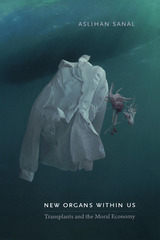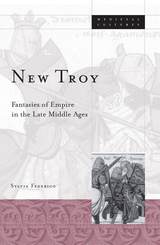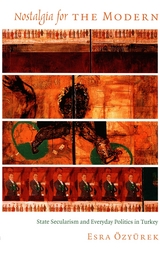4 start with N start with N

This companion to the two-volume Dumbarton Oaks Medieval Library edition and translation of the Histories by Laonikos Chalkokondyles is the first book-length investigation of an author who has been poorly studied. Providing biographical and intellectual context for Laonikos, Anthony Kaldellis shows how the author synthesized his classical models to fashion his own distinctive voice and persona as a historian.
Indebted to his teacher Plethon for his global outlook, Laonikos was one of the first historians to write with a pluralist’s sympathy for non-Greek ethnic groups, including Islamic ones. His was the first secular and neutral account of Islam written in Greek. Kaldellis deeply explores the ethnic dynamics that explicitly and implicitly undergird the Histories, which recount the rise of the Ottoman empire and the decline of the Byzantine empire, all in the context of expanding western power. Writing at once in antique and contemporary modes, Laonikos transformed “barbarian” oral traditions into a classicizing historiography that was both Greek and Ottoman in outlook.
Showing that he was instrumental in shifting the self-definition of his people from Roman to the Western category of “Greek,” Kaldellis provides a stimulating account of the momentous transformations of the mid-fifteenth century.



Drawing on her ethnographic research in Istanbul and Ankara during the late 1990s, Özyürek describes how ordinary Turkish citizens demonstrated their affinity for Kemalism in the ways they organized their domestic space, decorated their walls, told their life stories, and interpreted political developments. She examines the recent interest in the private lives of the founding generation of the Republic, reflects on several privately organized museum exhibits about the early Republic, and considers the proliferation in homes and businesses of pictures of Atatürk, the most potent symbol of the secular Turkish state. She also explores the organization of the 1998 celebrations marking the Republic’s seventy-fifth anniversary. Özyürek’s insights into how state ideologies spread through private and personal realms of life have implications for all societies confronting the simultaneous rise of neoliberalism and politicized religion.
READERS
Browse our collection.
PUBLISHERS
See BiblioVault's publisher services.
STUDENT SERVICES
Files for college accessibility offices.
UChicago Accessibility Resources
home | accessibility | search | about | contact us
BiblioVault ® 2001 - 2024
The University of Chicago Press









